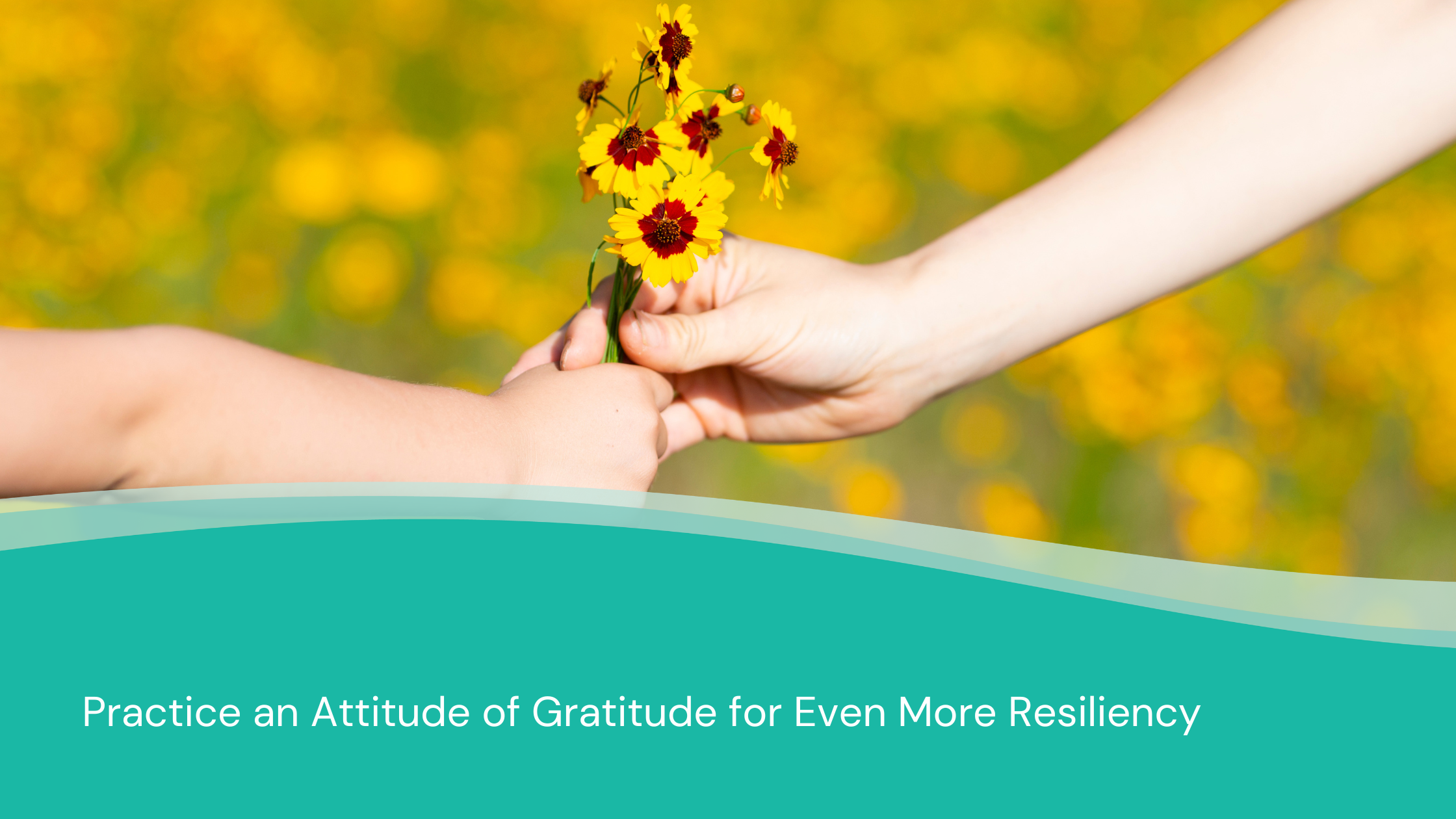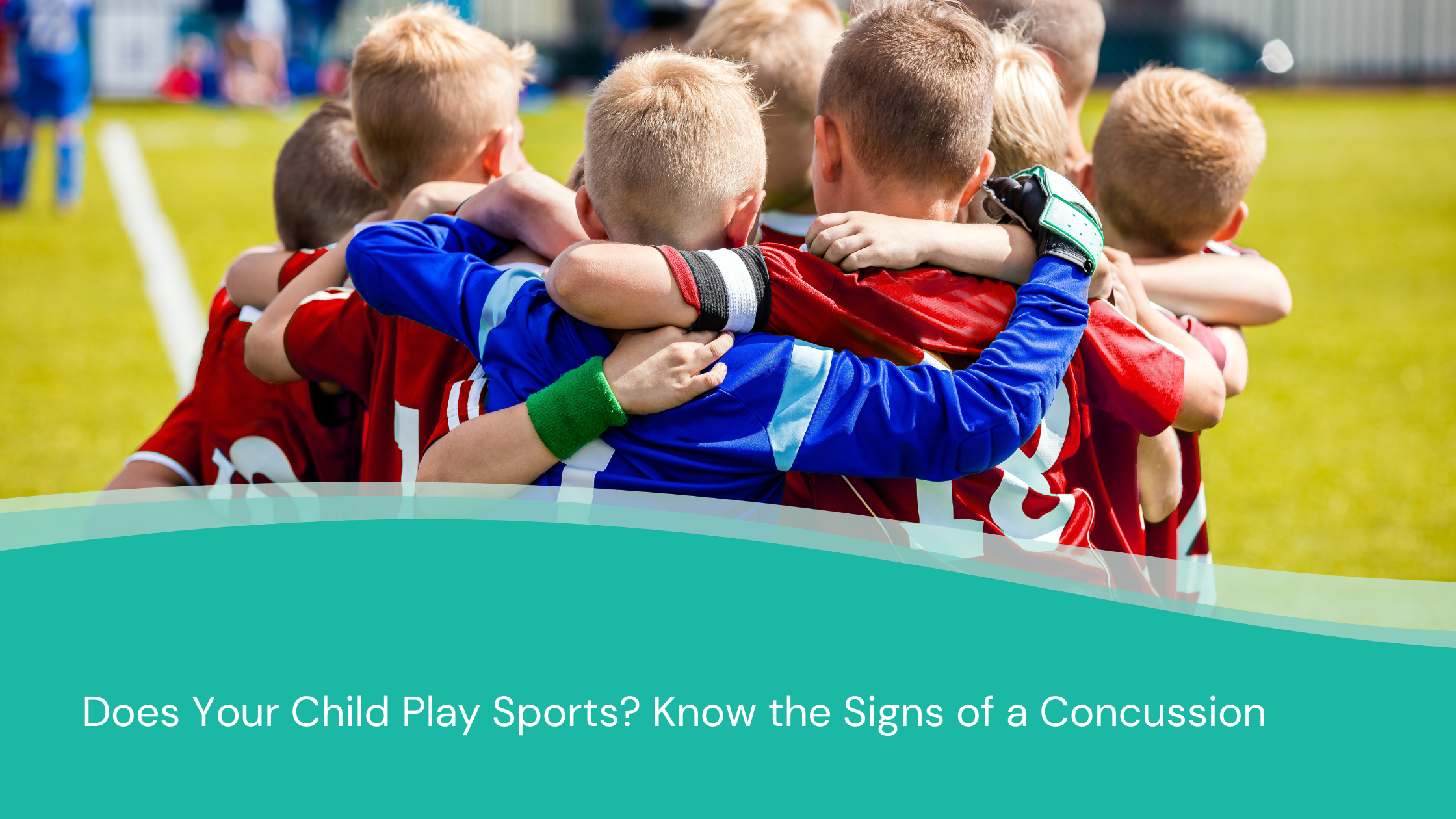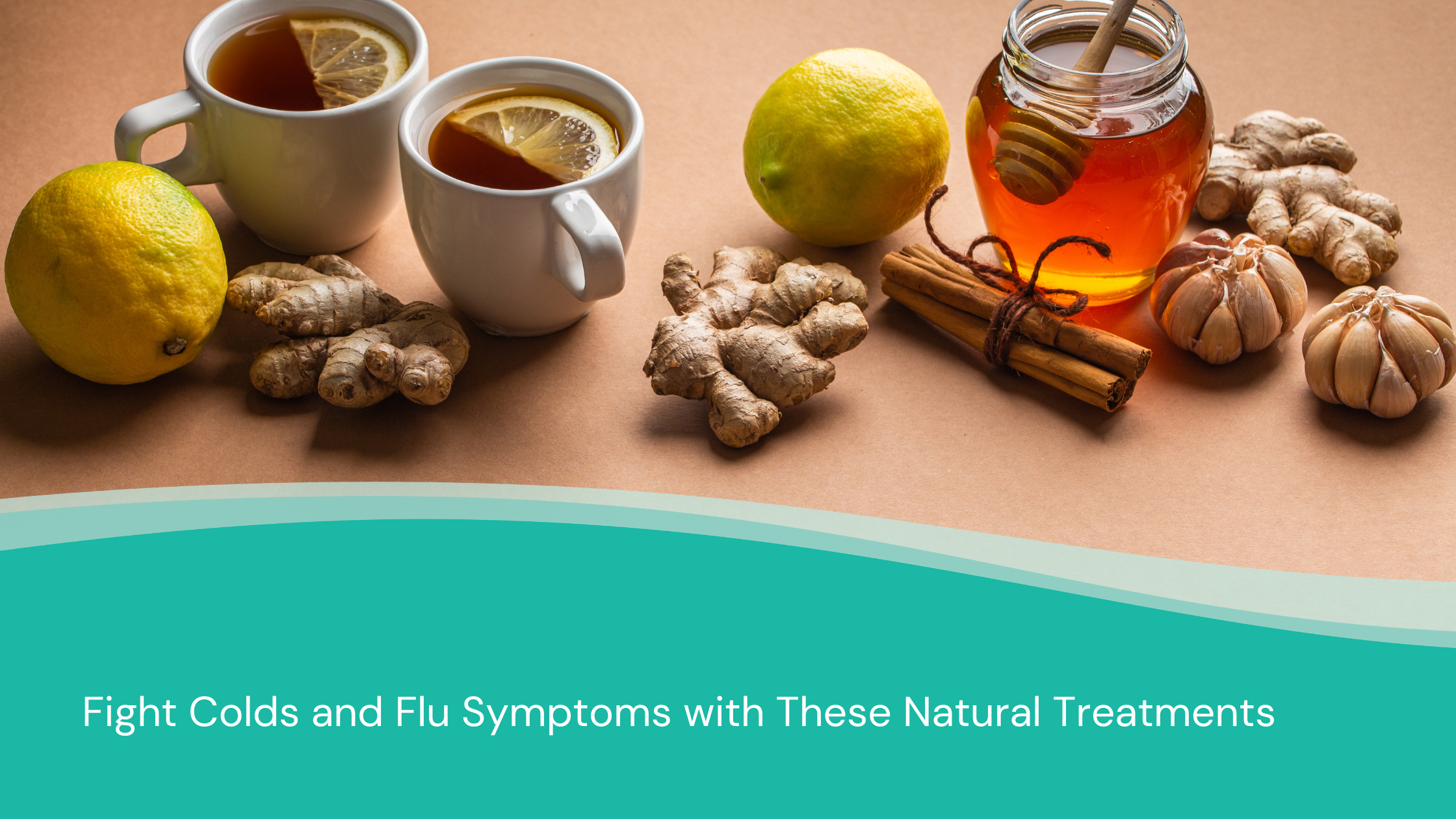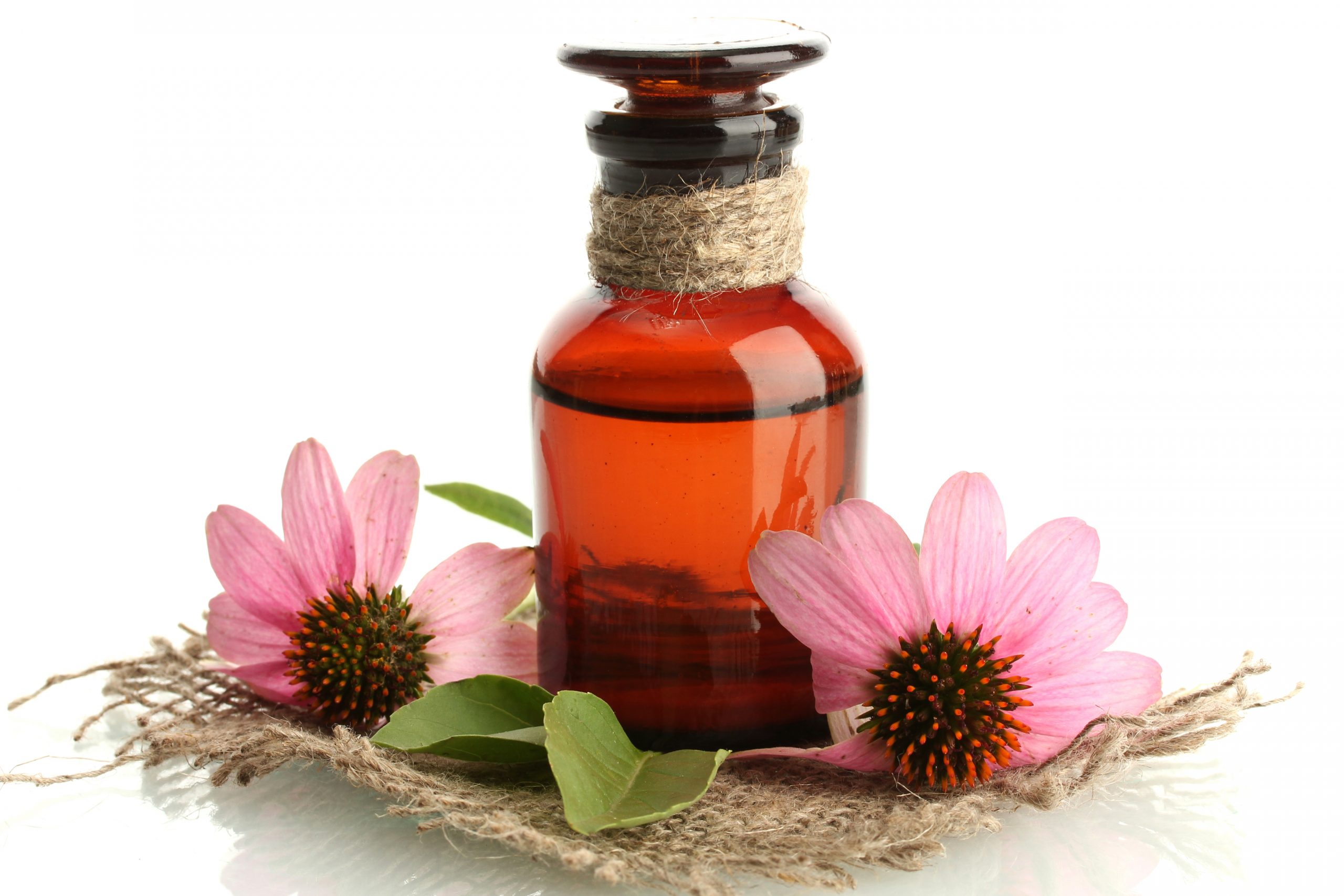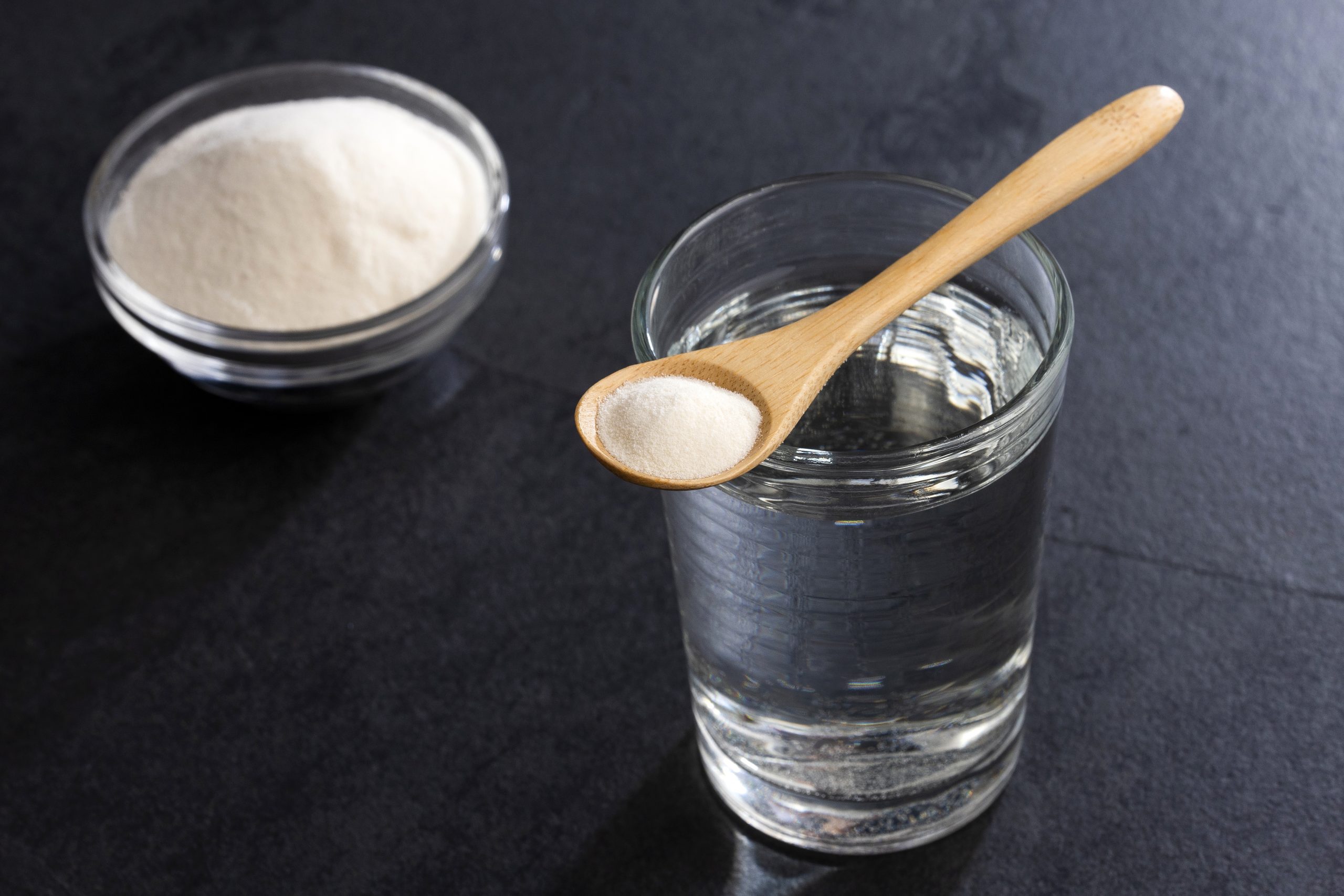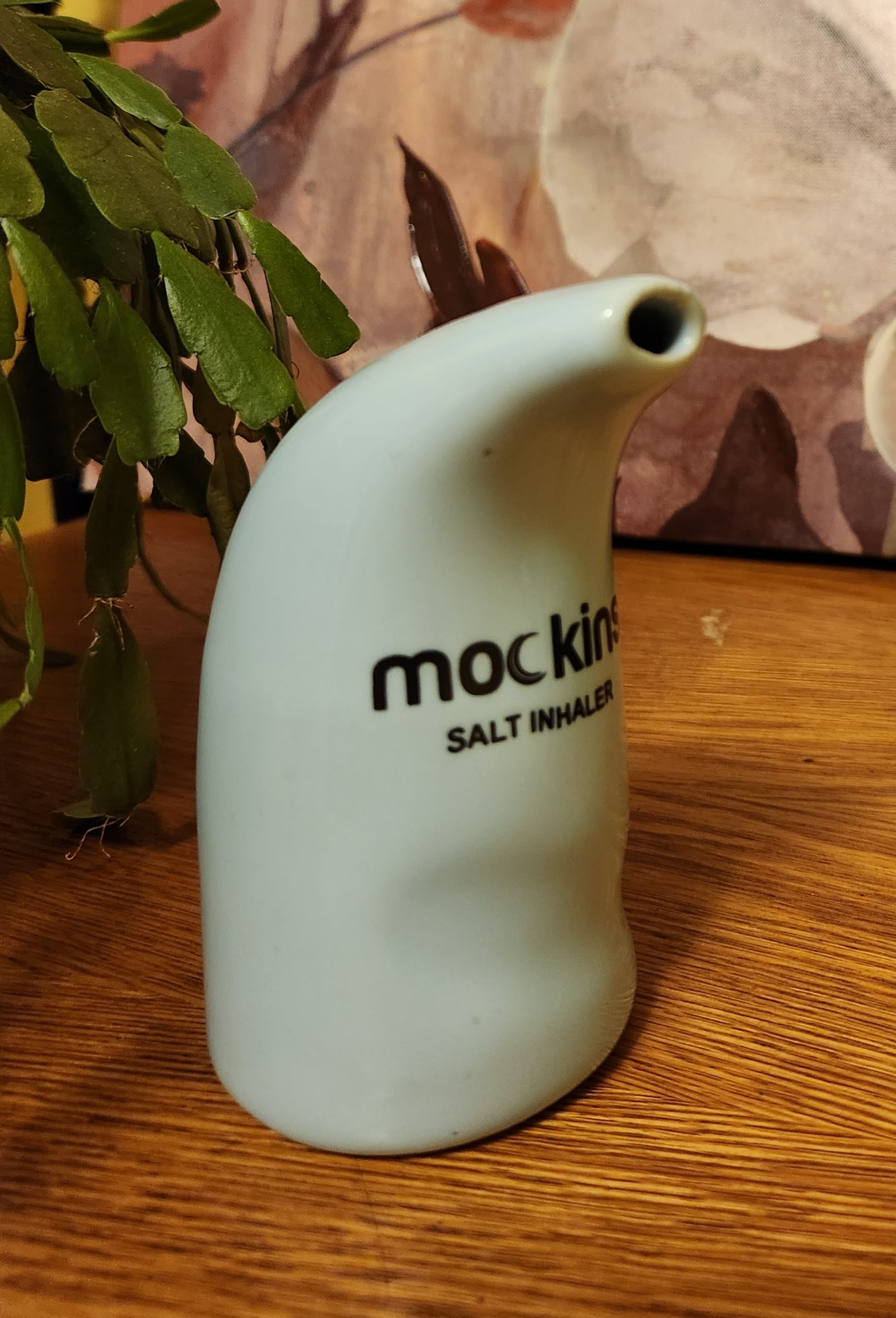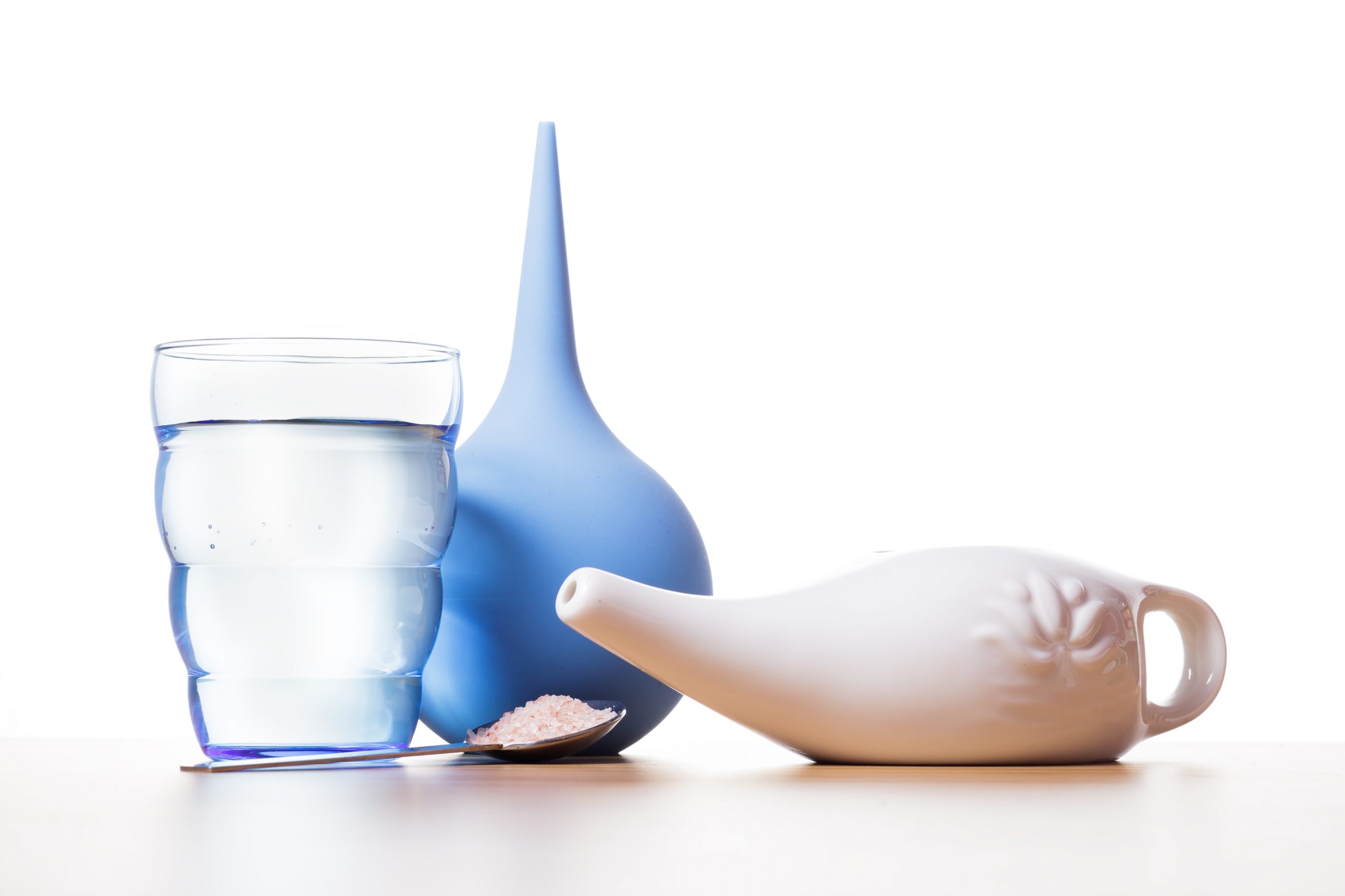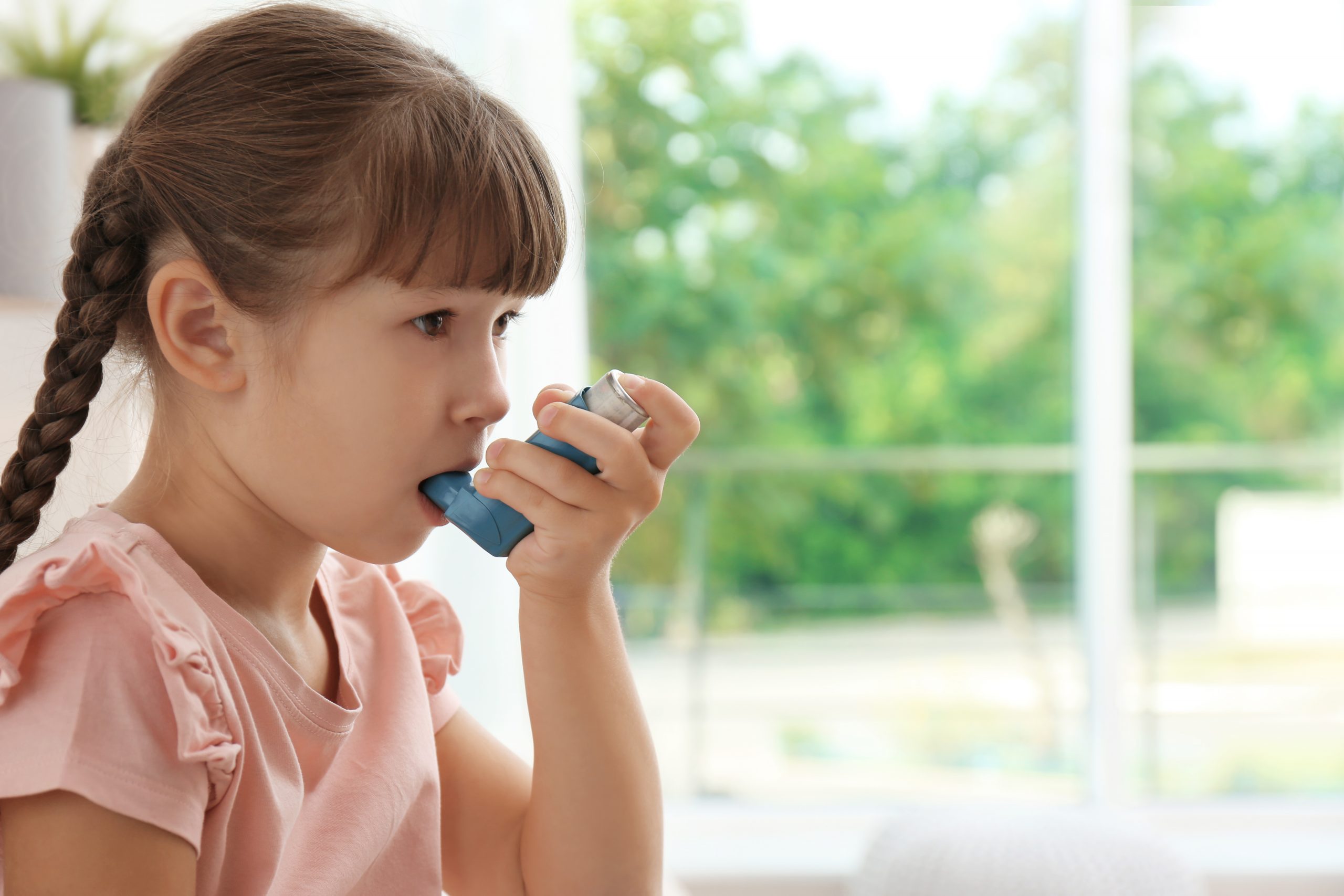With relentlessly busy lives, in a world as volatile as ours, you never quite know what may happen tomorrow. . Being as prepared as possible is the only way to safeguard your family against preventable mishaps during an unpreventable emergency. Remember,...
Pandemic 2.0 On the Horizon?
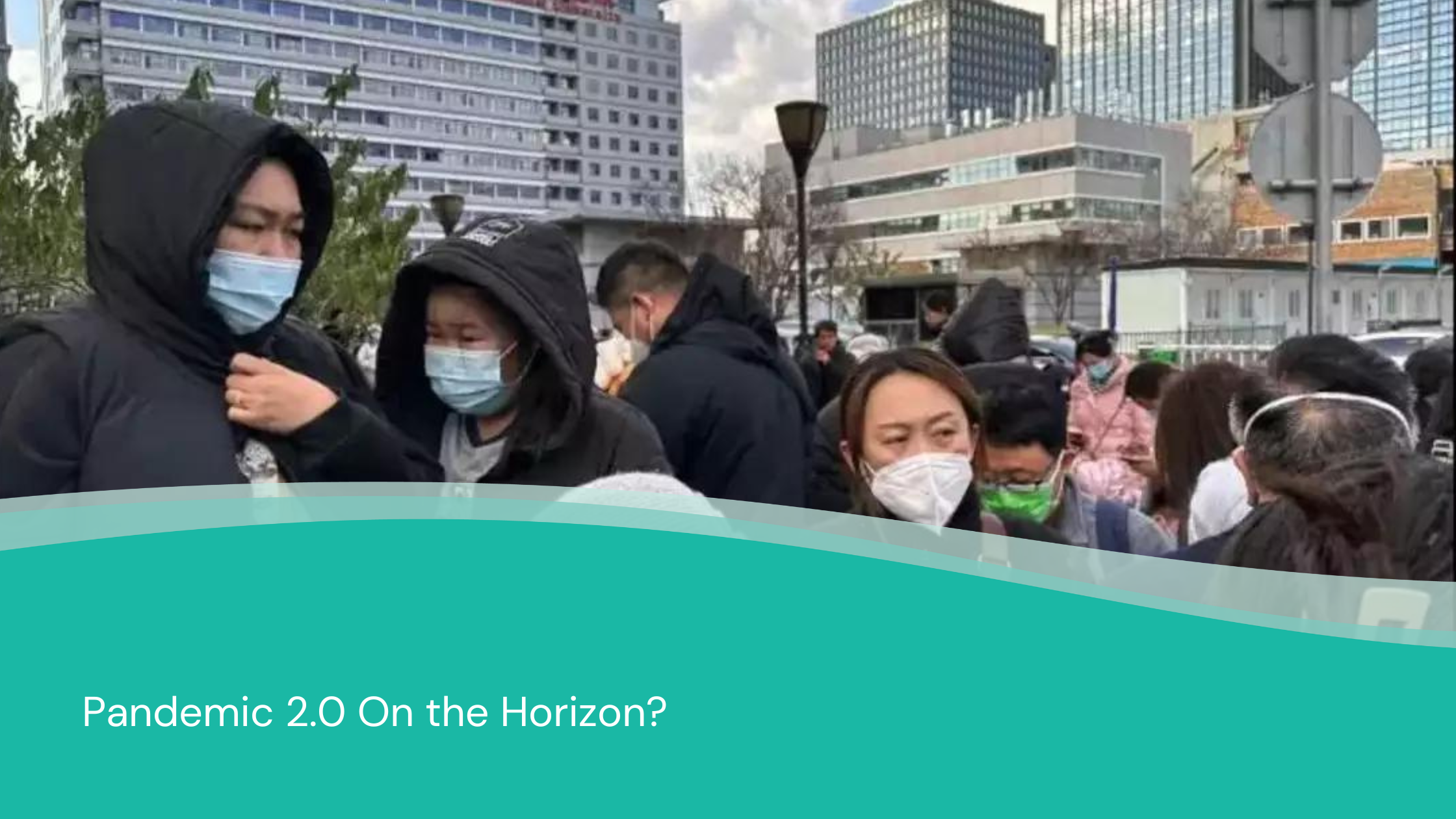

As we settle into cooler weather, holiday festivities and travel, there is a looming cloud that may quickly dampen our holiday spirit.
An outbreak, which started August of this year in China called “White Lung Syndrome” has overwhelmed hospitals and prompted Chinese health authorities to reinstate Covid era measures- masking, stay at home orders and limited travel. The World Health Organization had demanded health records from China on the white lung syndrome outbreak. China repeatedly denies that this is a bioengineered or novel virus and deny claims that their hospitals are overrun with pediatric patients with white lung syndrome. Current CDC director Dr. Mandy Cohen echoed this sentiment “We do not believe this is a new or novel pathogen.”
ProMed tells a different story
ProMed, is a global network of medical professionals and organizations that share information about emerging health threats. It is managed by the International Society for Infectious Diseases (ISID) and is funded by the US Centers for Disease Control and Prevention (CDC). On November 21, 2023, children’s hospitals in Beijing, Liaoning and other places were overwhelmed with sick children, and schools and classes were on the verge of suspension. Parents questioned whether the authorities were covering up the epidemic.
ProMED Rapporteur Dan Silver concludes:
“This report suggests a widespread outbreak of an undiagnosed respiratory illness in several areas in China as Beijing and Liaoning are almost 800 km apart. It is not at all clear when this outbreak started as it would be unusual for so many children to be affected so quickly. The report does not say that any adults were affected suggesting some exposure at the schools. ProMED awaits more definitive information about the etiology and scope of this concerning illness in China”.
He goes on to state:
It is too early to project whether this could be another pandemic but as a wise influenza virologist once said to me, “The pandemic clock is ticking, we just do not know what time it is.”
The World On Alert
The WHO has been monitoring data from Chinese surveillance systems since August. This data had been showing an increase in respiratory illness in China. Since then, countries, including India, Thailand and Nepal, are on alert and have ramped up surveillance after Bejing and North China reported overwhelming cases of respiratory sickness among children.
In Ohio, an outbreak of 145 children have come down with White Lung Syndrome since August. Officials are denying that this outbreak has any connection to the China outbreak.
What is White Lung Syndrome?
White Lung Syndrome is not a diagnosis or disease, but rather a cluster of infections that can include (mycoplasma pneumonia, RSV, influenza, and adenovirus). The pneumonia presents as white patches on chest X-rays in affected children. Most of the cases are in younger children with the average age of 8. The term also includes respiratory illnesses such as acute respiratory distress syndrome, pulmonary alveolar microlithiasis, and silica-related conditions. Experts suspect that a new form of Mycoplasma pneumonia,(a bacterial pneumonia),also called walking pneumonia is the cause of the outbreak.
It spreads primarily through droplets from an infected person who coughs and sneezes and can linger for a while in the nose and throat without producing symptoms. Only when the bacteria spread to the lungs, that symptoms and a pneumonia diagnosis may ensue.
Mycoplasma pneumoniae are bacteria that can cause illness by damaging the lining of the respiratory system (throat, lungs, windpipe). When someone infected with M. pneumoniae coughs or sneezes, they create small respiratory droplets that contain the bacteria. Other people can get infected if they breathe in those droplets.
Most people who spend a short amount of time with someone who is sick with M. pneumoniae do not get infected. However, the bacteria often spread between people who live together since they spend a lot of time together. other without being ill.
The most common type of infection is tracheobronchitis (chest cold). Common symptoms of a chest cold include:
- Sore throat
- Feeling tired
- Fever
- Slowly worsening cough that can last for weeks or months
- Headache
Children younger than 5 years old who get Mycoplasma pneumoniae infection could have symptoms that are different from older children and adults. Instead, they may have the following cold-like symptoms:
- Sneezing
- Stuffy or runny nose
- Sore throat
- Watery eyes
- Wheezing
- Vomiting
- Diarrhea
Antibiotics are usually prescribed to treat mycoplasma pneumonia. Historically, Azithromycin has been the antibiotic of choice. (The Jase Case includes Azithromycin)
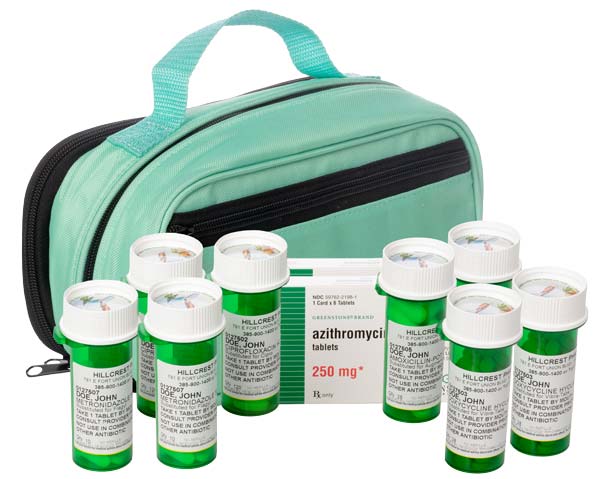
Something isn’t adding up.
According to Dr Sarah Park, a former CDC epidemic surveillance officer and is currently medical director of medical affairs at Karius, a California biotech company, “There is no indication of a novel virus causing these illnesses,” said Park. CDC director Dr Mandy Cohen echoes those same sentiments: “We do not believe this is a new or novel pathogen”.
However, ProMed paints a totally different picture of the outbreak.
To be honest, when I heard of the outbreak in China – “White Lung Syndrome” I really wasn’t too concerned. However, the contradictory information has me very concerned. We will be closely monitoring developments over the coming days and weeks.
- Brooke Lounsbury, RN
Medical Content Writer
Lifesaving Medications
Everyone should be empowered to care for themselves and their loved ones during the unexpected.
Recent Posts
Keeping you informed and safe.
5 Ways to Prepare For Medical Emergencies
Massive Cyberattack Takes Down Pharmacies Worldwide
Next time we may not be so lucky.United Health group learned Wednesday of a cyber security threat that had accessed some of their information technology systems. Change Healthcare, one of the nation’s largest health-care technology companies and a subsidiary of...
Planning a Cruise?
Be sure to pack these Jase add-ons An outbreak of vomiting and diarrhea has been reported on the luxury cruise ship, the Queen Victoria. As of last count, at least 154 people have taken ill since the ship set sail in early January. The number of passengers on board...
A Rare Case of the Plague Was Found in Oregon
Could you be next?Early this week an Oregon resident was diagnosed with bubonic plague. This is the first diagnosed case in nearly a decade. It is believed the person contracted the disease from their cat. Cats that hunt rodents can become infected and spread the...







